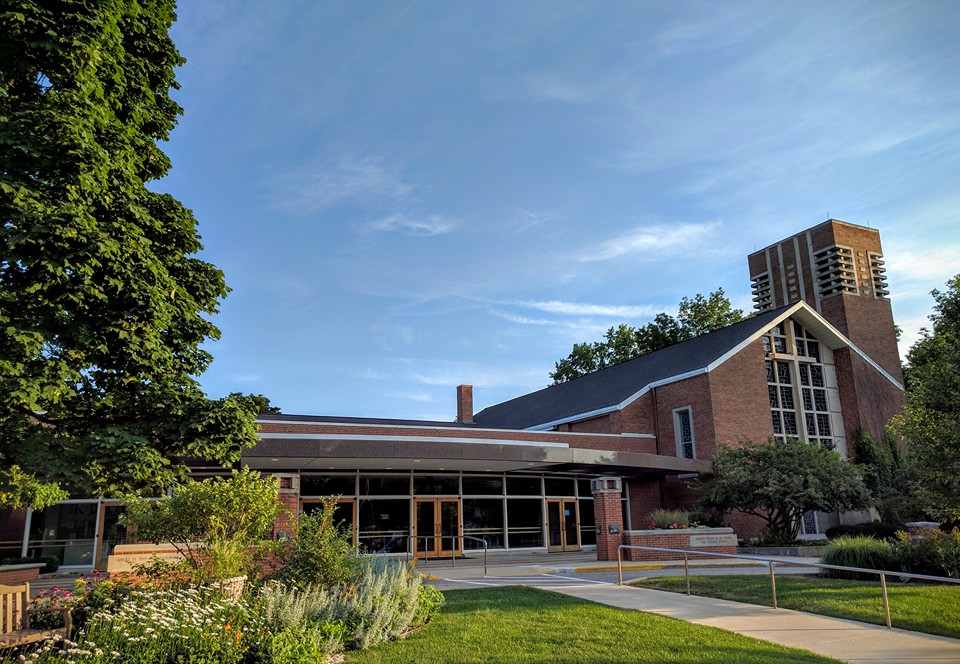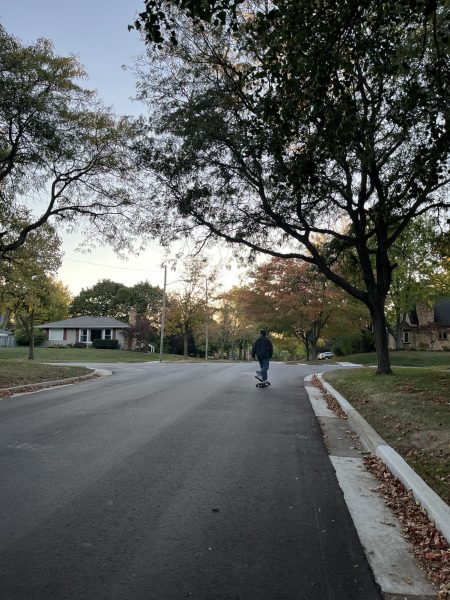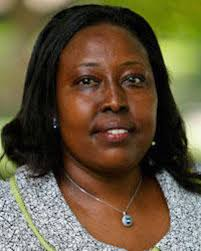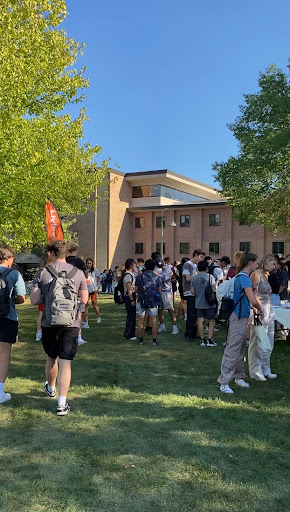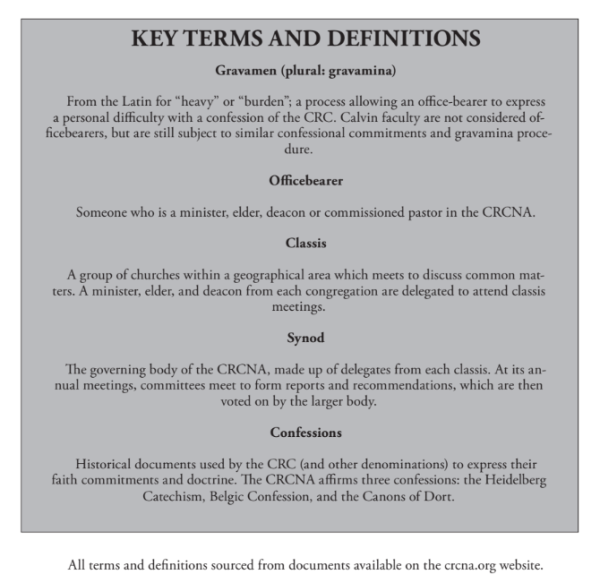Many children of faculty continue at Christian schools post requirement changes
“Is it good that Calvin required Christian schooling? Yes,” chemistry professor Chad Tatko told Chimes. “What a wonderful testament to the role of Christ in every area of our lives. Was it easy? No.”
When sociology and gender studies professor Elisha Marr first came to Calvin, children of faculty were expected to attend Christian K-12 schools. In accordance with that requirement, Marr’s family selected Grand Rapids Christian School. “When our family evaluated the Christian schools in our area we chose GRCS because it was a quality school and had a Spanish immersion program,” Marr said. “We probably would not have considered sending our child to a private Christian school if we weren’t required.”
Philosophy professor Kevin Timpe’s children also attend Grand Rapids Christian.
Faculty have faced new decisions regarding church and school attendance since Calvin’s board of trustees approved the Faculty Senate’s move to alter those and other requirements for faculty and their families in May of 2020.
Faculty are no longer required to send their children to private Christian schools. The faculty handbook states that faculty members applying for tenure ought to be able to “articulate a Reformed Christian view of education and describe how one actively supports Christian education.” Christian school is still encouraged for children of faculty, and Calvin still provides some financial support to those who chose to continue.
“I still send my kids to Christian schools,” said Tatko, “I do not think that attendance (in any institution generally) will result in a perfect life devoted to Christ. I don’t always love the Christian school environment. It is expensive and confounds a social and economic reality with an educational and faith reality … Perhaps, though, that is just the privilege of being a parent –– worrying about your kids.”
The aid Calvin provides for faculty children attending such schools factored into Marr’s decision to pursue a job at Calvin: “I already had a tenure-track job elsewhere. I had to consider the possible salary minus the cost of Christian schooling to compare it to my current earnings. The aid somewhat tipped the balance in thinking that Christian schooling could be affordable if I was offered a certain salary amount.”
For Timpe’s family, Calvin’s aid is also a factor. “There’s no way we would be able to afford Christian schooling without Calvin’s financial assistance,” Timpe said. “If that assistance is eliminated (or significantly cut), I don’t see that we’d have any other option other than send our kids to public schools.”
“Calvin’s grant-in-aid has been crucial for faculty to be able to afford Christian school tuition,” sociology professor Mark Mulder told Chimes.
Timpe told Chimes the Christian school requirement initially made him “nervous” due to concerns about availability of services for one of his children, who is disabled. “We were able to get an exemption if the local Christian schools could not provide for our child’s education well. But they’ve been on the whole really good … And in my role as a disability advocate, I’ve found that so many of our public schools (including the ones our kids would go to) are problematic.”
Requirements for faculty church attendance also changed in 2020. Instead of being required to attend a specifically CRC church, faculty have, since this decision, been allowed to attend a variety of Protestant congregations. Faculty are still required to affirm the Reformed confessions.
Timpe’s family is deeply rooted in the Church of the Servant CRC, and were thus not impacted by this change in requirements. According to Timpe, there doesn’t seem to have been a large initial shift in faculty church attendance trends, however, he said: “I’m sure that it frees up faculty, both those that are already here and new faculty, in terms of where they land for a church home.”
During quarantine, Marr’s family chose to watch services from a variety of churches. Now comfortable returning to in-person worship, the family’s experience with online services are guiding their search for a church home post-pandemic. Marr told Chimes: “The changes made in 2020 to Calvin’s official expectations for faculty church affiliation made us feel like we had more choices even though we were ironically quarantining and not physically attending church. It factored into our willingness to watch services from some Protestant denominations that were not previously approved affiliations at Calvin.”



